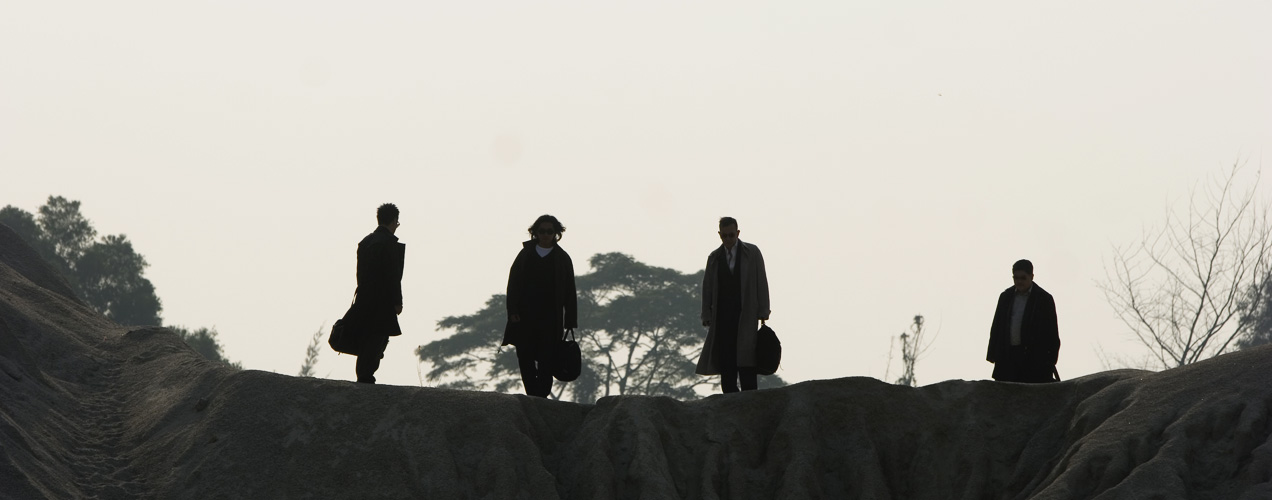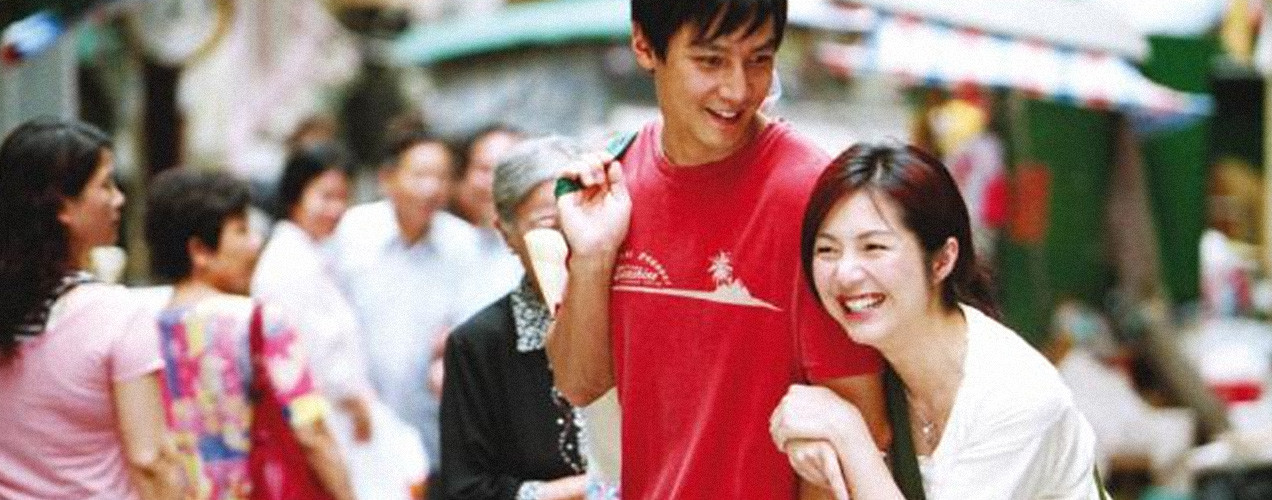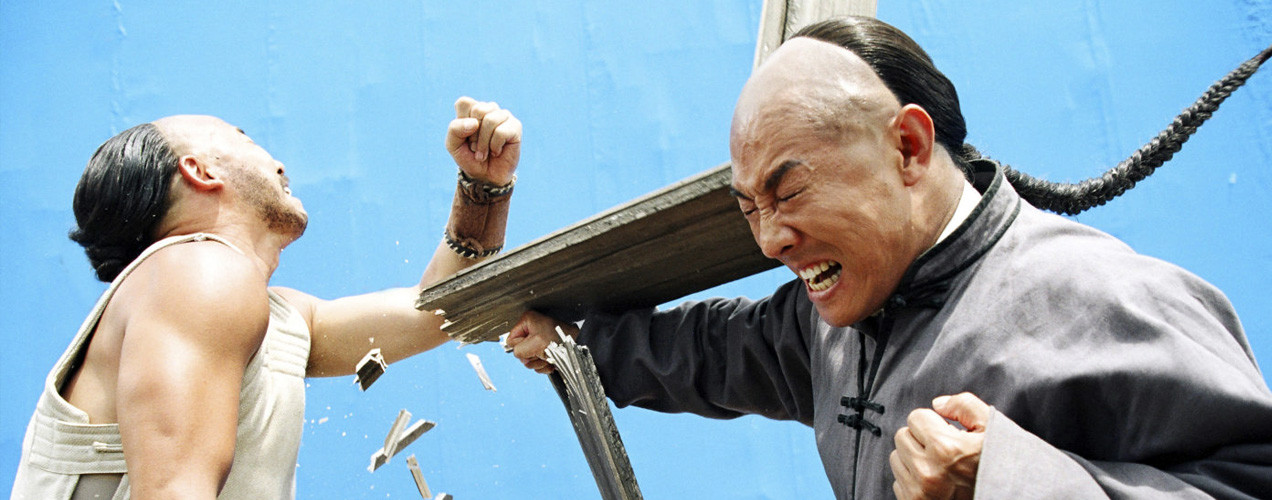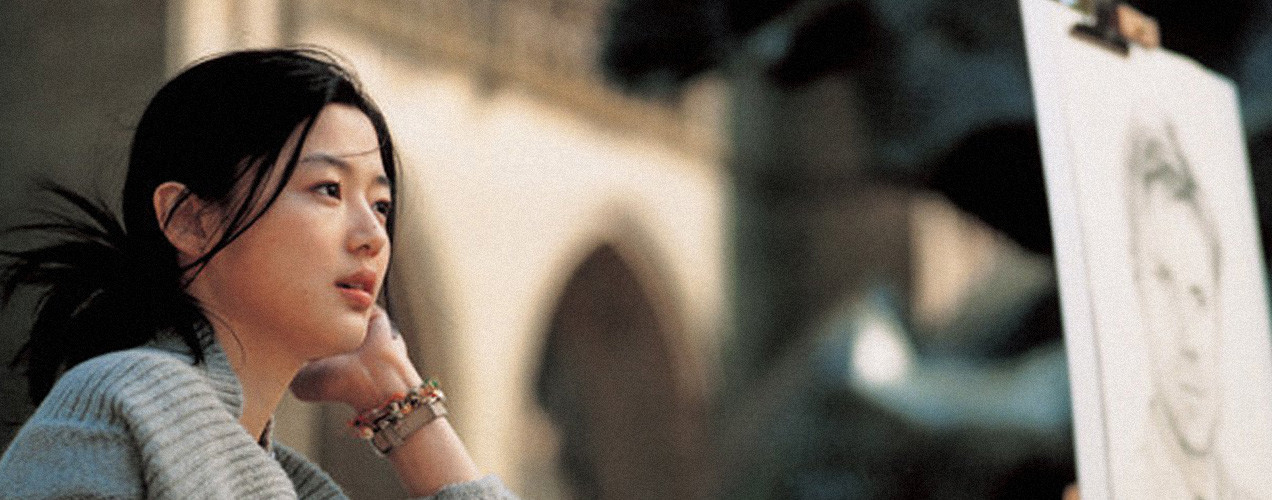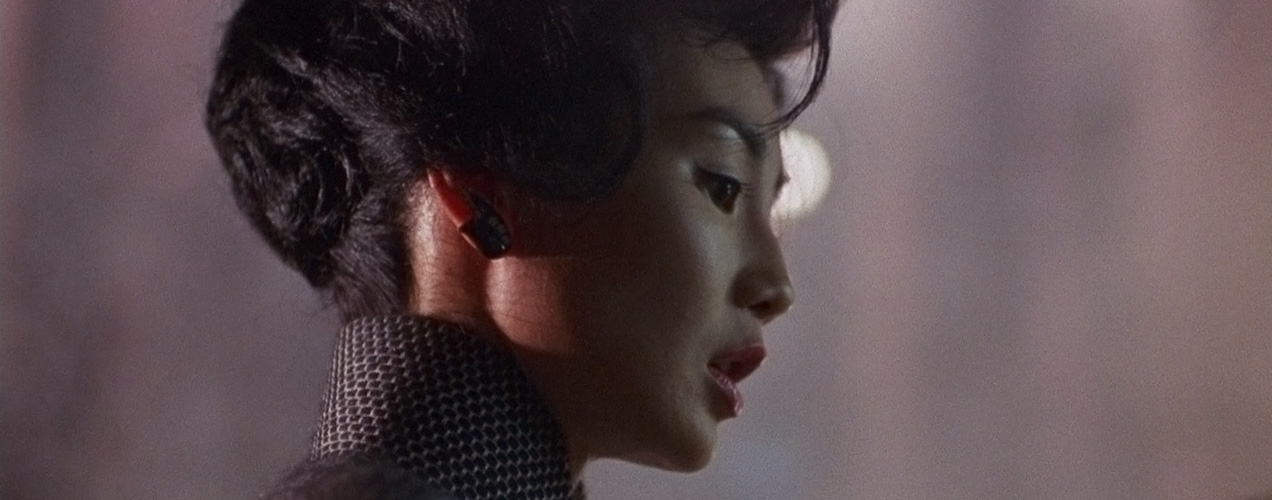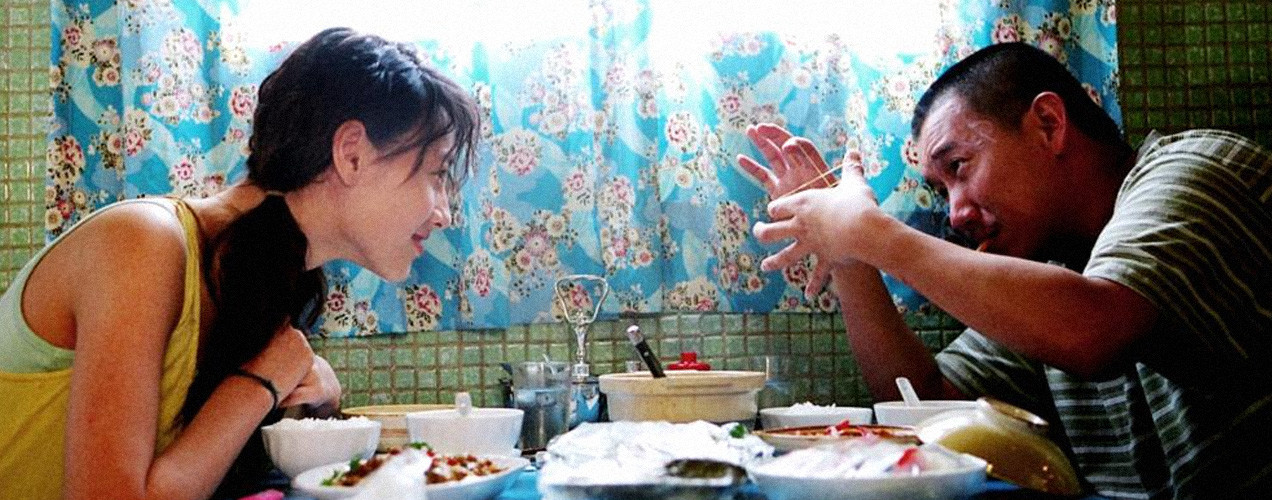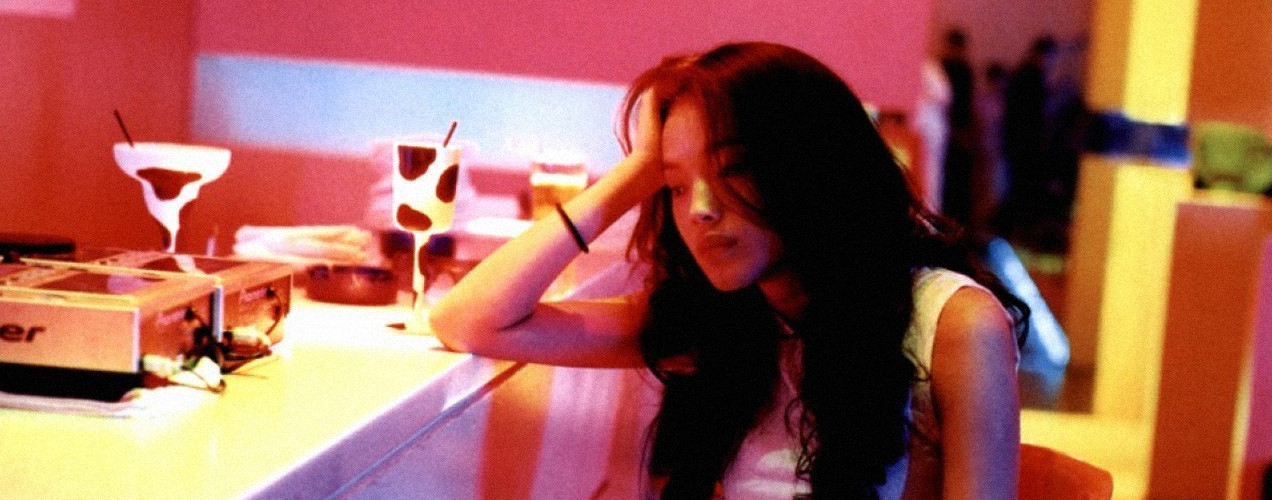2006 / Andrew Lau > What do you get when you combine Infernal Affairs director Andrew Lau with the writer/director Kwak Jae-young of My Sassy Girl? Apparently a love triangle between Jun Ji-hyun, a cop and a contract killer. Having watched the 124 minute director’s cut, it’s pretty understandable why the Korean audiences didn’t initially take on this film: The theatrical cut had much of the initial storyline development shortened into one, tight package that skews the objectivity and thoughtfulness present in the longer version.
The film itself is somewhat slowly paced, but absolutely beautiful (as one should expect). Jun, for once, plays a girl of calm demeanor, which befits her considerably more than the loud, obnoxious teens she’s portrayed in films such as My Sassy Girl and Windstruck. Kwak’s strength is generally exposition, and in Daisy, his skillful storytelling is highlighted well. It’s important to weigh the background plot a little less than the love story itself (which the film does successfully), but inevitably the weakest point of the film is Kwak’s inability to avoid a barrage of melodrama in the finale. He’s done this before, so it shouldn’t be surprising by any means. Taking into effect the flock of unnecessary flashback sequences later in the film, Daisy fails to reach a higher ground—A disappointment, considering how strong a start it had.
 2006 / Johnnie To > A calculated work of art, Exiled is a treat to those who enjoyed The Mission by To. With the same actors in tow, the film features several classic Hong Kong-style shootouts as its main entree while serving up themes of loyalty, debt and brotherhood as its appetizers. What’s for dessert, then? How about a sweet soundtrack accompanied by beautiful, angular shots that make this a memorable viewing, even if the underlying plot is superficial at best.
2006 / Johnnie To > A calculated work of art, Exiled is a treat to those who enjoyed The Mission by To. With the same actors in tow, the film features several classic Hong Kong-style shootouts as its main entree while serving up themes of loyalty, debt and brotherhood as its appetizers. What’s for dessert, then? How about a sweet soundtrack accompanied by beautiful, angular shots that make this a memorable viewing, even if the underlying plot is superficial at best.